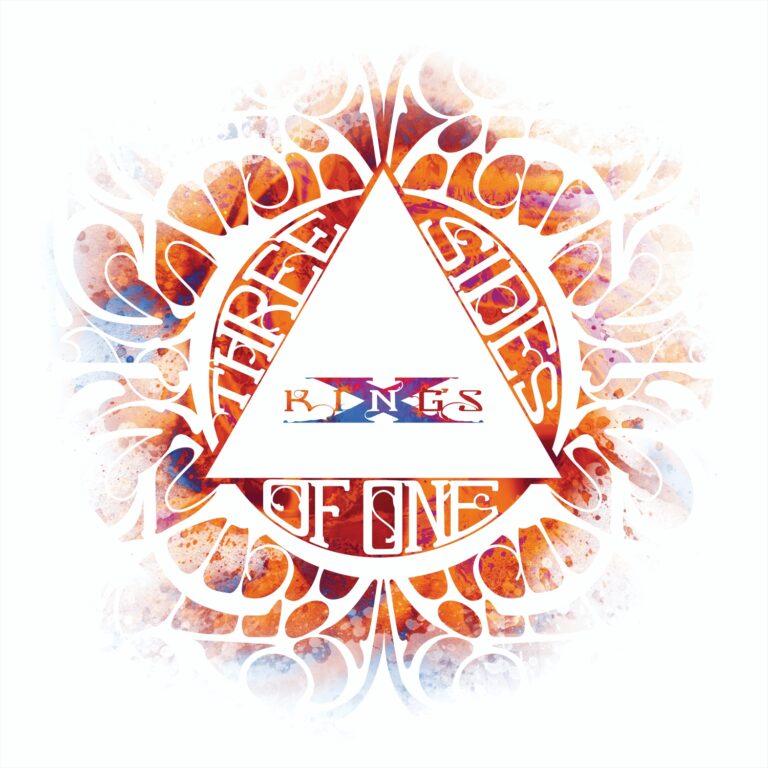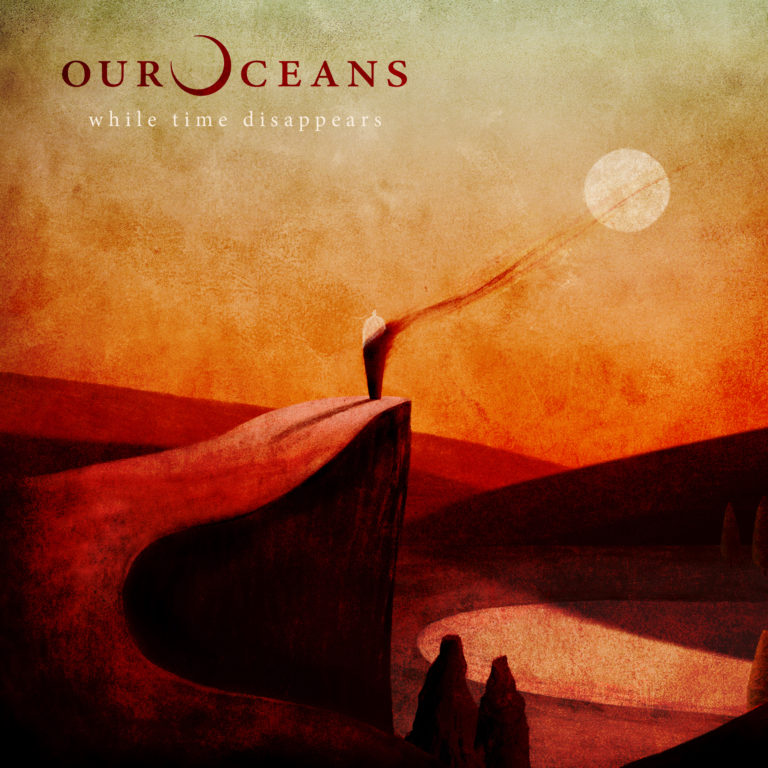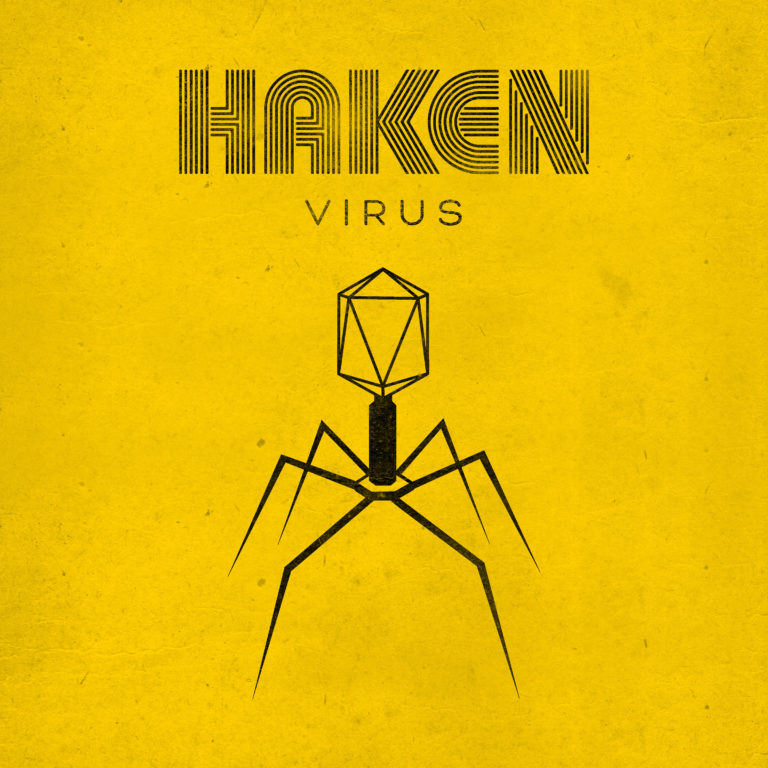“Despite my general distaste for band names that include numbers, I was immediately struck by Norway’s 35 Tapes and how fitting a name that is. When I think of tapes I think of something old school, reflective and nostalgic. When I think of 35 tapes I think of King Crimson and Mellotrons. These qualities align with 35 Tapes and their new album called Fabric of Time. It advances through 45 minutes of progressive rock with a subtle lilt, unveiling more with repetitions in a way that feels like a tape unraveling.” Sticky enough?
Steven Wilson
Stuck in the Filter – July’s/August’s Angry Misses
When 2 months of Filter crud collects, things get sticky. We got our hands dirty in July and August so you could have nice, fancy fingernails.
Riverside – ID.Entity Review
Riverside is back with their first album in nearly five years. After all the change since their last album was released—a pandemic, a new guitar player, political polarization in their homeland—will ID.Entity continue to be aggressively chill or something different?
O.R.k. – Screamnasium Review
“These guys create exciting and vital music that cannot be compared to that of Porcupine Tree. There’s a spontaneity here that is rivaled only by Boss Keloid – in fact, that’s a great comparison. O.R.k. may not be as heavy, but the quirkiness and unique delivery is there in spades, and Screamnasium is no exception.” Fewer quills, more thrills.
King’s X – Three Sides of One Review
“2022 seems to be a year for bands I was a fan of in their heyday to reunite. A couple months ago we saw the release of the not-amazing-but-not-embarrassing new album from Porcupine Tree, Closure/Continuation. Back in January Jethro Tull released their first album in 19 years. Now this week we see a new album from the venerable melodic prog rockers King’s X. Three Sides of One is the band’s 13th album, and first since 2008’s XV. The trio have a combined age of 195, which is almost the same as Steel and I. That’s old, but age doesn’t bestow nor hinder success; songwriting does. Can Dug Pinnick, Ty Tabor, and Jerry Gaskill still write some great material?” These three Kings.
Suffocate for Fuck Sake – Fyra Review
“Suffocate for Fuck Sake was one of those bands I’d heard good things about, but never quite got around to listening to properly. They’ve been around in the post-metal scene since 2004, though they never quite made it to “big name” status. They disappeared for nearly a decade, which probably didn’t help, before releasing their third album In My Blood in 2017. Here on the imaginatively titled Fyra (“Four”), they continue a tradition of tackling heavy topics with a theme of addiction.” Die.
Steven Wilson – The Future Bites Review
“Given that we’re no longer in the 1970s, for better and for worse, Steven Wilson is now the unwilling “King of Prog.” He’s the writer of what some consider modern classics; a remixologist extraordinaire; a sophisticated producer; a musical experimentalist; a successful imitator; and even a pop star. And yet it appears he’s still not the star he wants to be.” Once and future prog star.
Our Oceans – While Time Disappears Review
Five years have come and gone and the Dutch trio, whose resumés include Cynic and Exivious, have finished their new offering, sporting a notably more drab cover than its predecessor. Is this an ill omen, or is that judging a book by its cover?
Haken – VIrus Review
Yellow is the new manbun.
Opeth – In Cauda Venenum Review
Thirteen albums in, I’m still excited about new Opeth records. While I am, indeed, an Angry Metal Guy, I appear to have taken the band’s merger into progressive rock better than other metalheads having loved Pale Communion and enjoyed Sorceress. And being Angry Metal Guy, the responsibility for (and privilege of covering) such a huge event like a new Opeth album falls to me. The problem, of course, with being the guy who has to review the new Opeth record is simple; I am the guy who has to review the new Opeth record. And reviewing In Cauda Venenum is a major endeavor. As the next step in Opeth’s journey, In Cauda Venenum is a fascinating, complicated album. And In Cauda Venenum is not a journey that everyone is going to love taking.” More-peth!



























